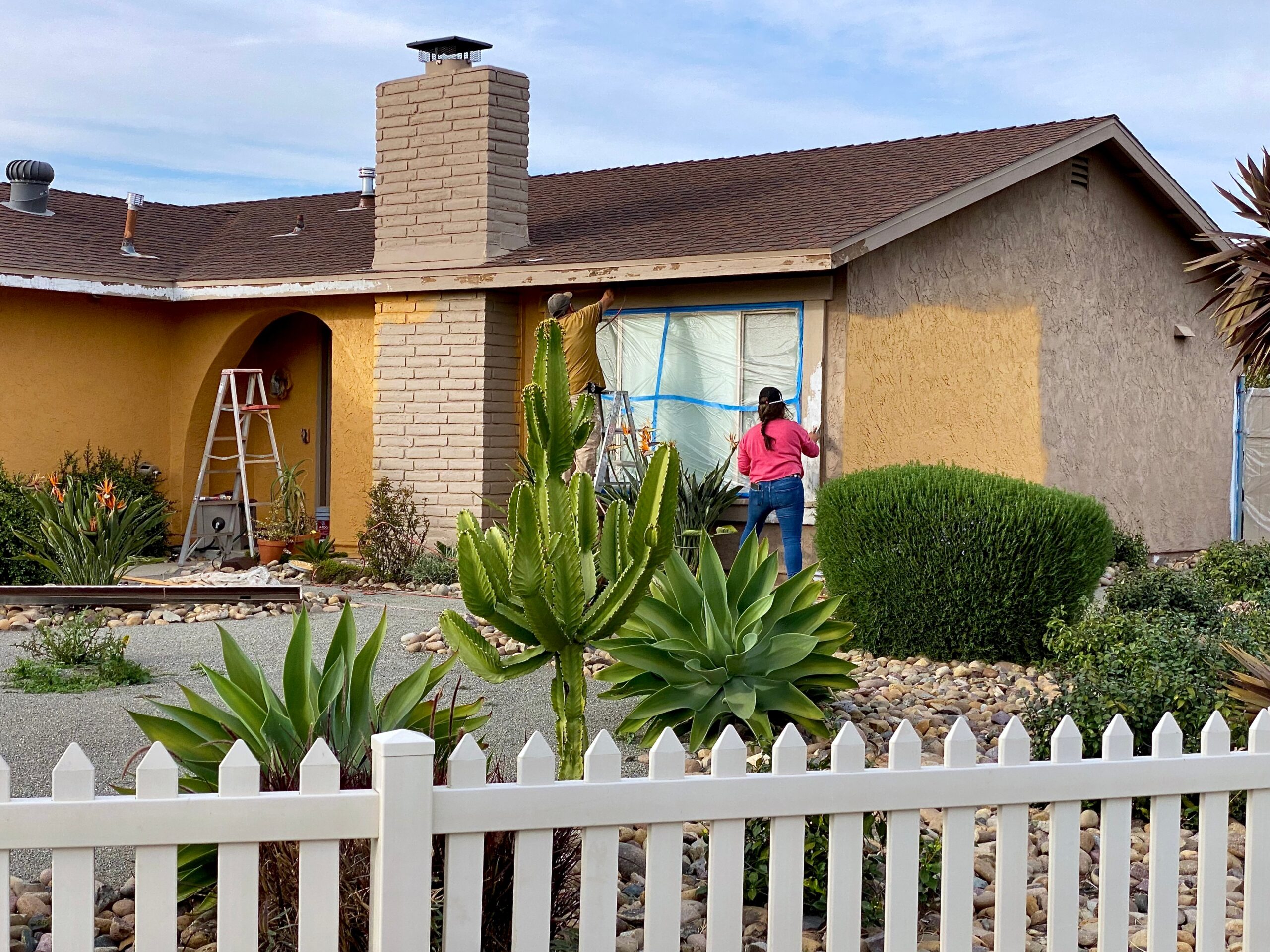If you’re going through a divorce, you’re probably wondering what will happen to your property. Will you have to sell the house? What will happen to the car?
Divorce matters are a difficult process but understanding what will happen to your property can help you make the best decisions for your future. Keep reading to learn what happens to real estate property in a divorce.
Home Ownership After a Divorce

When a couple divorces, the marital home is one of the most important assets to be divided. In some cases, the home will be sold during the divorce proceedings. In other cases, one party will buy out the other party’s interest in the home. If the home is not sold, the parties will have to determine who will live in the home and who will pay the mortgage interest and other expenses.
This is when divorce attorneys should be consulted. San Diego Divorce Attorneys, Minella Law Group, specialize in areas of divorce like property ownership, or real estate assets, family law issues, visitation, child support, spousal support, and more. If you are located in the San Diego area, working with the Minella Law Group will ultimately result in a partnership with an experienced San Diego divorce lawyer.
If the parties cannot agree on who will live in the home, the court will usually order the home sold and each party will lose individual control of the property. The proceeds from the property acquisition will be divided between the parties.
If the home is considered community property, the spouses will have to decide who will keep the home and who will move out. If they cannot come to an agreement, the court will make a decision based on the best interests of the children. In some cases, the court may order the sale of the home and the division of the proceeds.
Responsibility of Property During Divorce

When a couple divorces, their property must be divided between them. This includes both marital and separate property. In California, community property is divided equally between the spouses, while separate property is retained by the original owner.
In the dissolution of marriage, the parties are typically responsible for their own property. This includes real estate. If the property is held in both names, then both parties are typically responsible for it. If the property is held in only one name, that party is typically responsible for it. If the property is held in a trust, the trust is typically responsible for it. If the property is held by a third party, the third party is typically responsible for it. If there is a dispute over who is responsible for the property, the court system will typically resolve the dispute.
How Real Estate Property Is Divided

When a couple divorces, the division of assets and liabilities is often one of the most contentious issues. This is particularly true when it comes to real estate property. Determining who gets to keep the family home can be a complicated process, and there is no one-size-fits-all answer.
In most cases, the division of property will be governed by state law. In some states, real estate is considered to be marital property and will be divided equally between the spouses. In other states, the division of property is based on the principle of equitable distribution. Equitable distribution is a process where the court divides the property in a way that is fair, but not necessarily equal. The court will look at a number of factors when conducting equitable distribution, including each individual’s ordinary income, assets, and debts.
If the couple cannot come to an agreement on how to divide the property, court intervention will occur. This can often lead to a lengthy and costly divorce process. In most cases, the divorce process will result in one spouse keeping the family home and the other spouse receiving a different property, such as a commercial real estate property, a retirement account, or a car. It is important to speak with an experienced divorce attorney with years of experience, or work with a divorce lawyer at a divorce law firm
to understand how your property will be divided in a divorce.
REITs vs Real Estate
There are a few things to consider when it comes to REITs vs real estate in a divorce. The most important thing to remember is that real estate is usually considered to be marital property. REITs its are real estate investment trust, which can consist of investing in apartment buildings. One of the key differences between REITs and real estate is that REITs are not usually considered a physical property because REITs are an investment.
If one spouse purchased the home before the marriage, or if the home was inherited by one spouse, then it will not be considered to be marital property. If one spouse wants to keep the home, they will usually need to prove that it is their separate property. This can be done by showing that they made a significant down payment on the home, or that they have been making the mortgage payments on their own. If the spouse cannot prove that the home is their separate property, then it will be divided equally between them in the divorce.
If the home is sold, the spouses will need to decide who will get the money from the sale. In most cases, the money will be divided equally between the two spouses. However, if one spouse contributed more money to the purchase of the home, or if they have been making the mortgage payments on their own, then they may be entitled to a larger share of the money from the sale.
Conclusion
The importance of what happens to real estate property in a divorce can vary depending on the situation. In some cases, real estate may be the most important asset that is divided during the divorce. In other cases, real estate may be less important than other assets.







